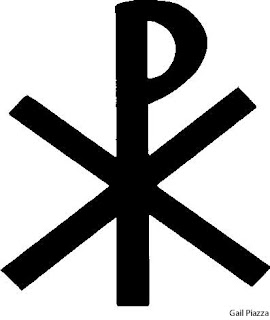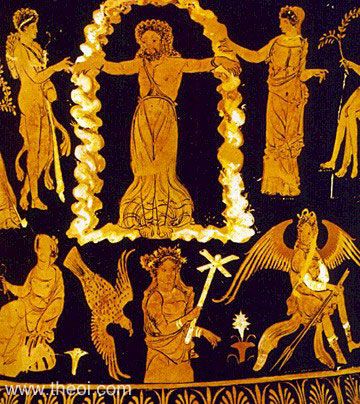Lets try to reach another simple explanation .
The one over letter K from S L V K derivations or word chelovek
We asks if S L V could stand for Slovo ,what for letter K could standing for?
The answer could be that it is about of servitude ор the liege or letter K does described relationship between a Slovo as superior and a man as vassal.
Slovo + K as Slovok* -Slov + ya + k singlulare and Slov + ya + ki or Slovyaki* plural what by the time and according to historically transcription schools differences from one to another Churches and Monasteries we could possibly have emerge of k->n suffix shift .
Thus will say that we have move from Slovo - Slovak to Slovo- Slovya
Slovo + ya + n as singular and Slovo+ya + ni as plural
Chronologically , we could have meanings description from God /man relation up to individuals affiliation to group
The one over letter K from S L V K derivations or word chelovek
We asks if S L V could stand for Slovo ,what for letter K could standing for?
The answer could be that it is about of servitude ор the liege or letter K does described relationship between a Slovo as superior and a man as vassal.
Slovo + K as Slovok* -Slov + ya + k singlulare and Slov + ya + ki or Slovyaki* plural what by the time and according to historically transcription schools differences from one to another Churches and Monasteries we could possibly have emerge of k->n suffix shift .
Thus will say that we have move from Slovo - Slovak to Slovo- Slovya
Slovo + ya + n as singular and Slovo+ya + ni as plural
Chronologically , we could have meanings description from God /man relation up to individuals affiliation to group













 lace, position, set, put, posit, dispose
lace, position, set, put, posit, dispose
Comment